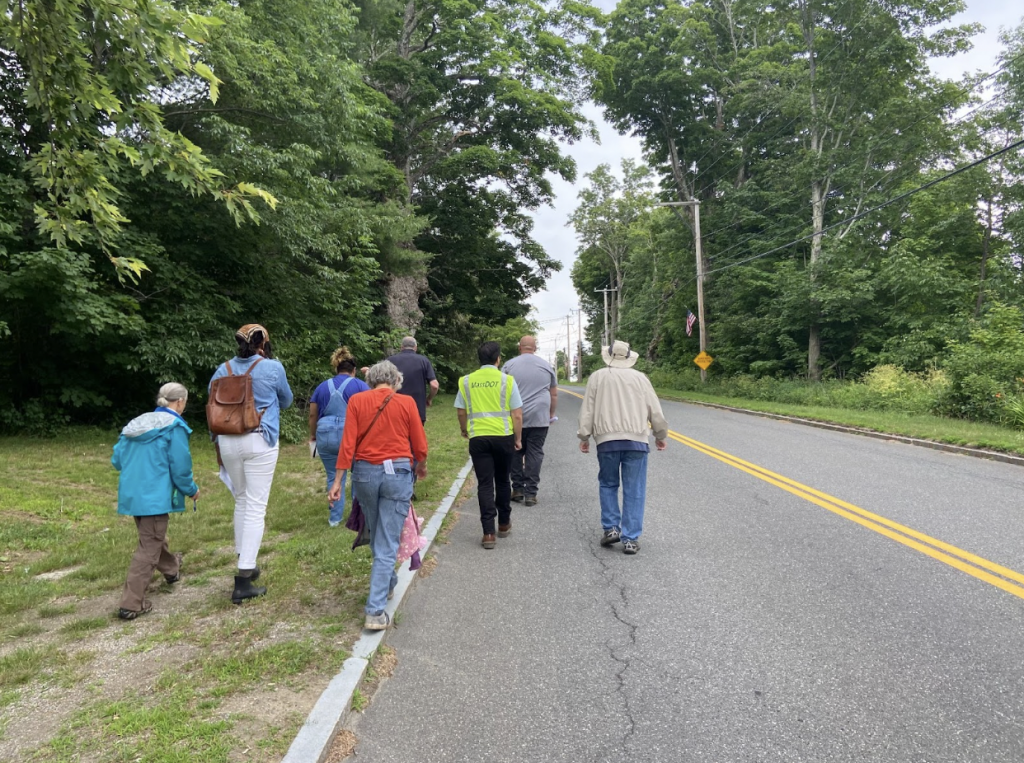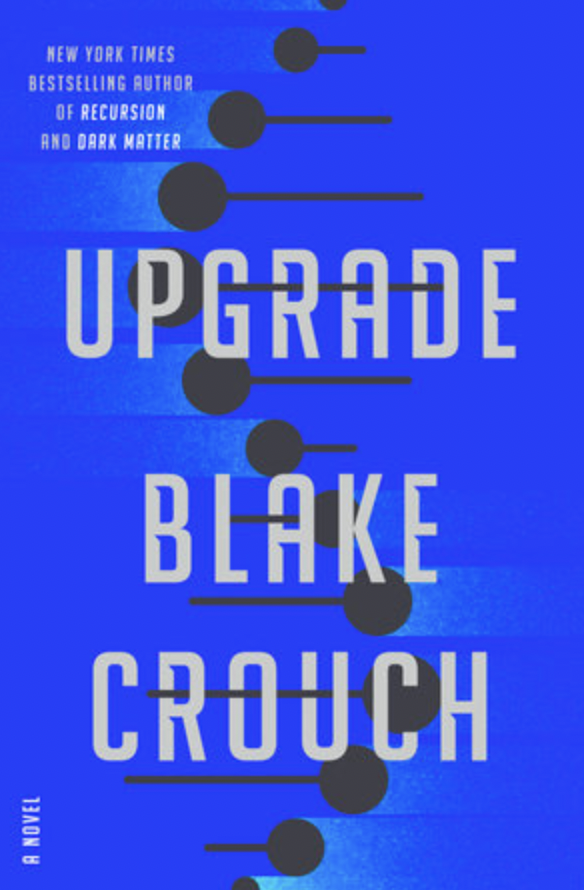Social Impact Internships: Keili Tucker (’23)
Hi! I’m Keili, and I am currently a student at the MIT Department of Urban Studies and Planning pursuing a Bachelor of Science in Urban Science and Planning with Computer Science (course 11-6) and a Master in City Planning. This summer, I am working at WalkBoston, a pedestrian advocacy nonprofit, as a Transportation & Planning Intern. In this role, I am primarily responsible for research and data analysis related to age-friendly walking and walking in extreme heat.
Progress is a collaborative effort. Throughout my internship, I have been introduced to many people from organizations doing deeply important advocacy work in areas such as mobility, environmental justice, and affordable housing. I find this web of connections exciting and hopeful because there are so many qualified people working together to try to better the world. Sometimes, though, I wonder about the informality of the web. Connections between organizations are frequently forged when employees/volunteers know each other from college, or something like that. How many organizations are replicating each others’ work simply because they didn’t know the right people to connect them? Maybe it is extreme for me to think about efficiency to such a degree, but when it comes to nonprofits, funds are limited and wasted effort feels like wasted potential towards a better future. I have frequently heard people in these spheres say something along the lines of, “I am working towards putting myself out of a job because that will mean that we have solved this crisis.” So how do we maximize the impacts of our efforts?
Ultimately, I think communication is essential–especially when it comes to researchers and others who are essentially creating primary sources. I think we could be doing a better job of connecting knowledge generation to the rest of the world. I acknowledge and appreciate science for science’s sake. Curiosity is a powerful drive and you can’t know which discoveries will generate the best results in the future. I am not suggesting that all research is useless unless it is immediately applicable to real life. However, would it be too much to ask to require researchers to at least attempt to make connections between their work and the world at large? To an extreme, this could look like a case study which incorporates real people and communities into knowledge generation. At a minimum, this could look like a “layman’s abstract”—a summary of the work which describes its general meaning and potential value.
The urgency of issues like climate change makes me highly aware of efficiency in working towards a better world. The amount of money poured into fields which I perceive as greedy and frivolous stresses me out if I think about it too hard because if it was just redirected, we could reduce so much human suffering. For example, how is it possible that investors dumped money into catastrophic failures like the Fyre Festival, but they don’t care that the Bahamian people who worked day and night to build the festival grounds went unpaid? How is it possible that I know people who donate money to nonprofits fighting animal cruelty, but then also overconsume clothing from fast fashion companies, which often use sweatshops and child labour?
There is sometimes a huge disconnect between people’s perceived values and their actions. The cumulative effect of this disconnect allows powerful corporations to maintain their harmful practices. Of course, I am definitely oversimplifying this. There are complicating factors, such as the frequent inability to afford ethically produced products. I’m really wary of saying things about climate change like ‘we need to fix this problem to maintain the quality of life we have today’ because what I am really referring to is the quality of life that I, as an American white woman at an elite college, have. There are people who are suffering right now. Not just by climate change, but also by the hands of other humans whose greed has unfairly overridden their ability to live a comfortable life.
I read a book recently that explored the concept of fixing the human flaws which got us to this point of impending destruction (Upgrade by Blake Crouch). Spoiler alert– the author essentially concludes that humans do not have a large enough capacity for compassion to understand and direct their energy towards the struggles of others beyond their immediate contacts. I think that this is a very fair assessment, but the protagonist’s solution of editing our genomes to fix it is not realistic. So how do we fix this? I don’t have a large scale answer, but I think that ensuring researchers’ and nonprofits’ hard work reaches its full potential is a great first step. We have to work together, which requires talking about not only our successes, but also our failures and our plans.


WalkBoston and Keili’s internship experience were featured in DUSP news! Read the article here.
Tags: Climate, Social Impact Internships, Social Impact Internships Summer 2022
